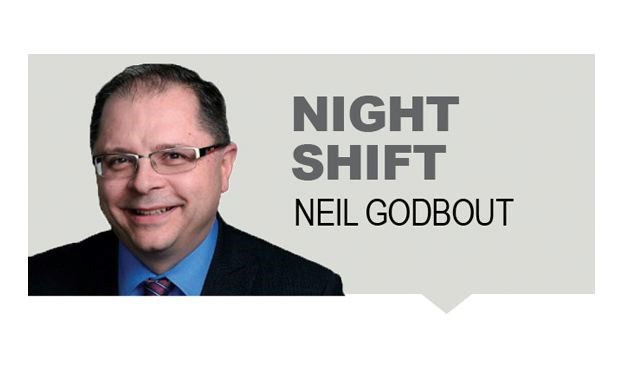When the B.C. Liberals lost power in the aftermath of the 2017 election, too many MLAs and party faithful believed the only thing that needed to change was the leader. Getting rid of Christy Clark was a shallow response to a much deeper problem.
If anything, hindsight shows Clark should probably have remained as leader for several reasons.
First, no one could get under the skin of the B.C. NDP in general and John Horgan in particular like Clark and she took that unique skill with her when her own party and MLAs turned against her.
Second, no one in her party could connect with people, particularly independent and occasional voters, the way she could with her authenticity, charisma, upbeat attitude and passion. She took that with her, too.
Most importantly, Clark’s politics, like Gordon Campbell’s before her, was a smarter, more modern and more inclusive version of small-c conservatism. They saw that times were changing and the electorate was changing and new ways of thinking and acting about the environment, taxes, health care, education, resource development and First Nations were required within the centre-right political framework.
Campbell, for example, made it a priority to double the amount of B.C. protected in provincial parks at the same time he encouraged more resource development.
Clark continued in that vein, touting LNG while setting environmental and financial conditions on proposed pipelines from Alberta running through B.C. to Pacific ports.
Unfortunately for the B.C. Liberals, Andrew Wilkinson is nowhere near the politician Campbell and Clark were, both personally and strategically. He channels the stern conservatism of Stephen Harper (which is better than the cranky yelly “you kids get off my lawn” conservatism of Andrew Scheer and now Erin O’Toole) but heartless competence isn’t a long-term winning strategy.
Fresh ideas, presented in a fresh way by warm, engaging leaders, have always been the path to victory.
The two longest-serving B.C. Liberals in caucus are now Mike De Jong and Shirley Bond. Both are universally respected, not just in their constituencies and in the party but even in the B.C. NDP and among journalists (isn’t that the same thing, you say? Harharhar). Their decency, hard work, intelligence and willingness to put aside partisan politics and ideology to get things done make them the kind of warm, engaging political leaders we all deserve.
As for fresh ideas, how about some things that delivers the same or better value as trimming the PST and privatizing ICBC but are far more meaningful? Why not offer free prescriptions to all households bringing in less than $100,000 per year? How about tying health premiums to personal income, instead of to businesses?
There’s a powerful business and economic case to be made for free post-secondary education for everyone under 25 and over 50 and for two years for everyone who has lost a job due to modernization. Similarly, doctors and nurses should receive free education, in exchange for a three-year commitment to serve in rural, isolated communities.
In other words, the B.C. Liberals need to offer more – in both their leader and their platform – than just an alternative for people who don’t like Horgan and/or the NDP.
Sitting around waiting for Horgan and the NDP to alienate voters so they’ll come running back to the B.C. Liberals is not only lazy, it’s not a plan.
Four more years in opposition should be more than enough time for the party to make the necessary changes to offer a legitimate alternative to voters.



